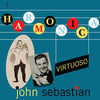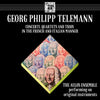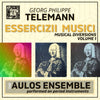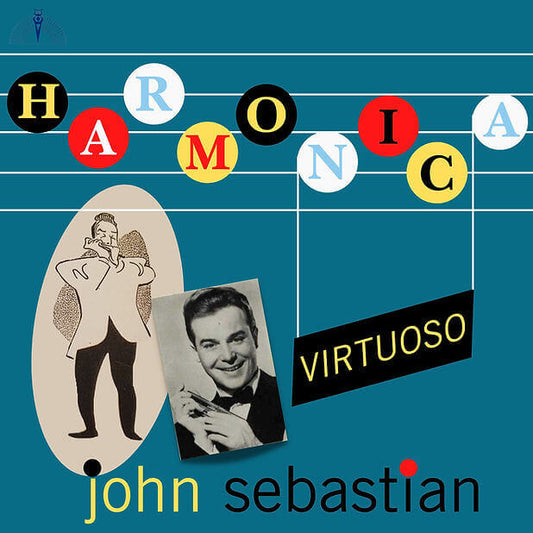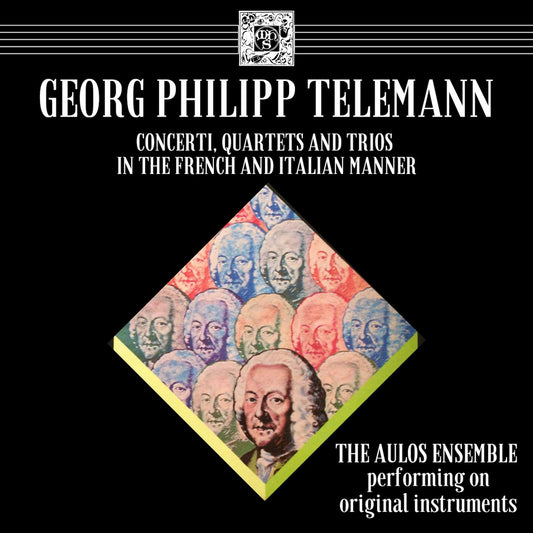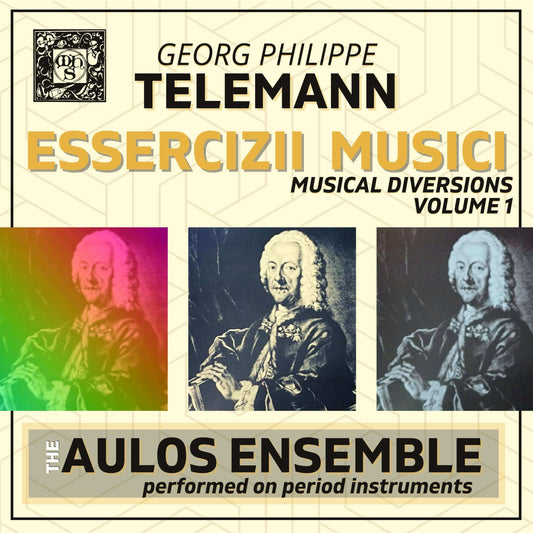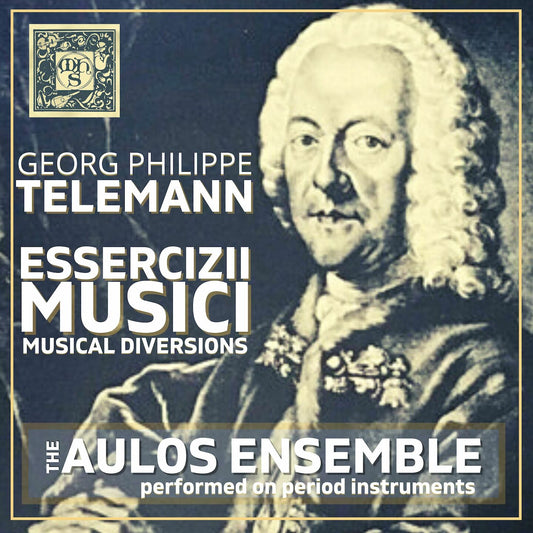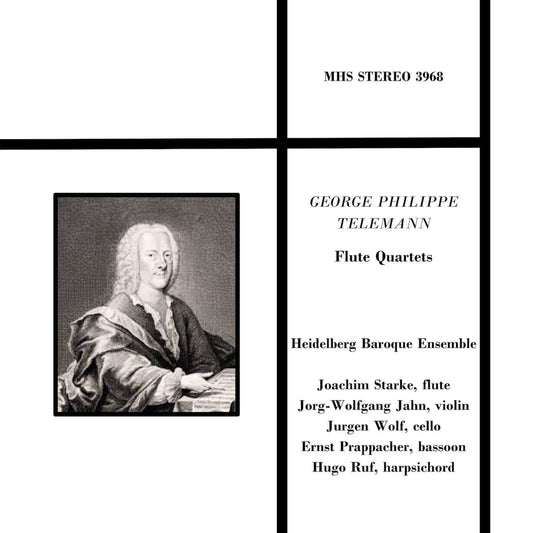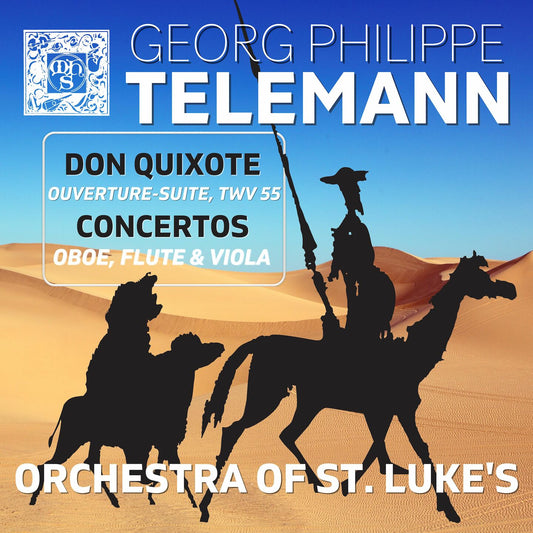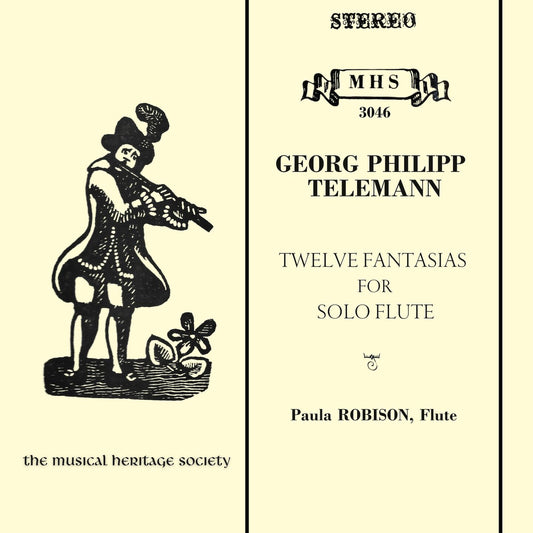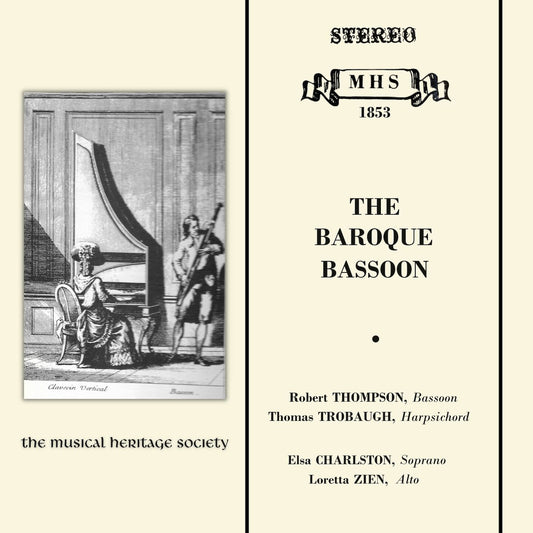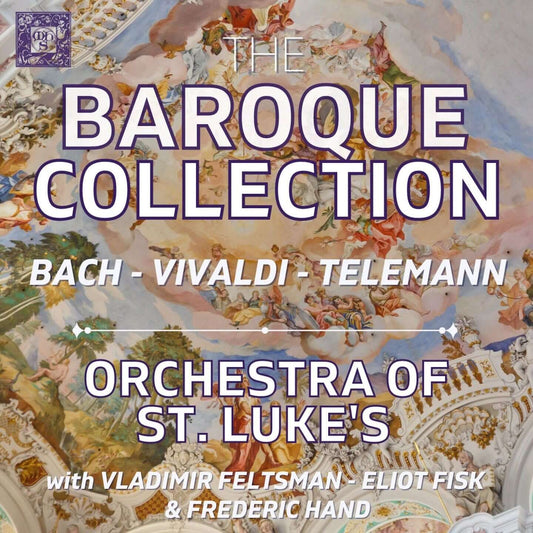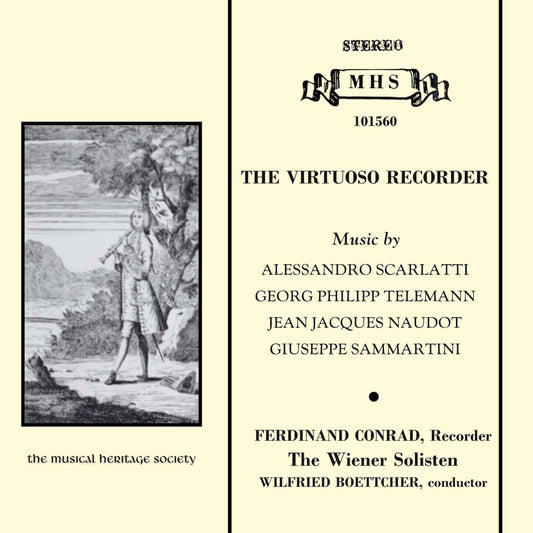Collection: GEORGE PHILIPP TELEMANN (1681 – 1767)
Born in Magdeburg, Telemann displayed extraordinary musical talent from a young age, reportedly composing his first opera by age 12, largely self-taught despite his family's initial discouragement (they hoped he would pursue a more stable profession). He briefly studied law at the University of Leipzig in 1701, but his musical passions quickly took over. In Leipzig, he founded the student Collegium Musicum (a performing ensemble later directed by Bach), composed operas for the Leipzig theater, and became director of the Neukirche. His immense talent and organizational skills were already apparent.
Telemann's career unfolded through a series of increasingly prestigious posts across Germany. From 1705, he served as Kapellmeister (music director) at the court of Count Erdmann II in Sorau (now Żary, Poland), where he was particularly captivated by Polish and Moravian folk music, influences that would later surface in his compositions. In 1708, he moved to Eisenach, serving the ducal court and becoming acquainted with J.S. Bach, who worked nearby in Weimar (Telemann would later become godfather to Bach's son, Carl Philipp Emanuel).
In 1712, Telemann took up the position of city music director and Kapellmeister at the Barfüsserkirche (later replaced by the Paulskirche) in Frankfurt am Main. Here, he significantly expanded his activities, composing numerous church cantatas, orchestral suites, concertos, and chamber music, while also organizing public concerts – a relatively new concept at the time.
The final and longest phase of his career began in 1721 when he accepted the highly coveted position of Kantor of the Johanneum Lateinschule and music director of the five largest churches in Hamburg. This was one of the most important musical posts in Germany (a position Bach had also sought). Telemann remained in Hamburg for the rest of his life, overseeing a vast amount of church music production, directing the Hamburg opera (which he managed for a time), and continuing to organize public concerts through the Hamburg Collegium Musicum. His influence on the city's musical life was immense and transformative.
Telemann's compositional output is staggering, estimated at over 3,000 works, though many are lost. He composed across all genres: over 1,700 church cantatas, numerous Passions and oratorios, dozens of operas, around 600 overture-suites (a genre he particularly excelled in), concertos for nearly every instrument imaginable (including unusual ones like the recorder and viola da gamba), and vast quantities of chamber music (sonatas, trios, quartets). His Tafelmusik (Musique de Table, 1733), a collection of instrumental pieces intended for banquets, is one of his most famous publications.
His musical style is characterized by its melodic grace, clarity of form, rhythmic vitality, and skillful instrumentation. He expertly blended the contrapuntal intricacies of the German tradition with the elegance of the French style and the melodic fluency of the Italian style. He embraced the emerging galant style, prioritizing accessibility and pleasing melodies over dense complexity, which contributed significantly to his widespread popularity. His music often sounds lighter and more forward-looking than Bach's, anticipating elements of the Classical era.
Telemann was also a shrewd businessman. He pioneered methods of music publishing, often engraving and distributing his own works through subscription, making them available to a wider audience of professionals and amateurs. He founded Germany's first music periodical, Der getreue Music-Meister (The Faithful Music Master), which published new pieces bi-weekly.
Although his reputation declined somewhat in the 19th century compared to the rediscovered Bach, the 20th century saw a major reassessment of Telemann's immense contribution. He is now recognized not only for his incredible productivity but also for his consistently high quality, stylistic versatility, melodic charm, and crucial role in shaping the musical landscape of the late Baroque and paving the way for the Classical style.

